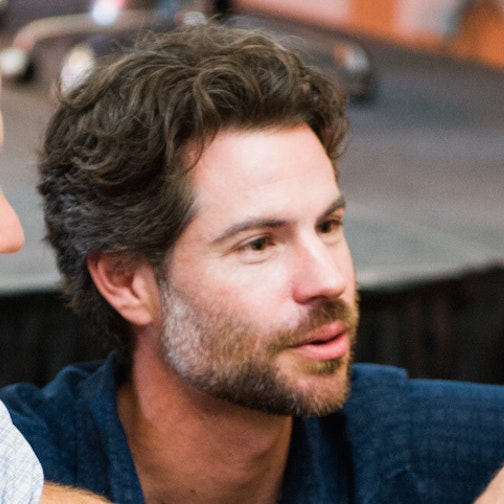Hartwell Paper: A New Approach on Global Climate Policy
-
-
Share
-
Share via Twitter -
Share via Facebook -
Share via Email
-
Global climate policy should be radically overhauled in the wake of the failure of the United Nations process, an international group of 14 climate policy experts and scientists argue in a new paper. The Kyoto-Copenhagen focus on national emissions targets and timetables was bound to fail because it proposed a single over-arching framework to deal with a "wickedly' complex problem. Instead what's needed is a focus on expanding access to energy for the poor, quickly reducing non-CO2 climate forcings, and adaptation to changing climate.
The paper brings together a set of ideas that have been developing over the last decade. The meeting was convened by Gwyn Prins of London School of Ecomomics and Steve Rayner of Oxford University, who wrote "The Wrong Trousers," a 2007 critique of Kyoto. The group included, among others, East Anglia University climate scientist Mike Hulme, author of "Why We Disagree About Climate Change," Ted Nordhaus and Michael Shellenberger of the Breakthrough Institute, the economist Chris Green, co-author of a 2002 Science article calling for advanced energy research to stabilize climate emissions, and University of Colorado's Roger Pielke and Arizona State's Dan Sarewitz, authors of a 2000 Atlantic magazine story arguing climate policy to shift focus to technology innovation and adaptation. Green, Pielke, and Sarewitz are all Breakthrough Senior Fellows.
In its review of the paper, the Economist notes,
"They argue that there is something wrong with a world in which carbon-dioxide levels are kept to 450 parts per million (a trajectory widely deemed compatible with a 2 degree cap on warming) but at the same time more than a billion of the poorest people are left without electricity, as in one much discussed scenario from the International Energy Agency."
The Hartwell Paper criticizes the notion that gradually raising carbon prices will result in the kind of innovation required to make clean energy cheap, but does advocate that governments impose a low and gradually rising price on carbon to fund technology development.
"For all of us who have long enjoyed the vitriol, the thrill of combat and the deeply obsessive nature of climate-debate blogging," wrote one commenter, "the Hartwell approach may be a threat to this cherished form of recreation if people were to start thinking outside the box in this fashion."
To download the paper click here.
To download the paper in German, French, Italian, Japanese, or Chinese click here.
IN THE NEWS
BBC: "After the crash - a new direction for climate policy"
"Will and equity - does climate alternative offer enough?"
"Europe to examine case for bigger CO2 cuts"
"Academics urge radical new approach to climate change"
"Much-drilled bill signals climate endgame"
New York Times, Dot Earth: "A Tough Observer of Climate Prescriptions"
Economist: "Oblique strategies"
Telegraph: "Climate change could make half the world uninhabitable"
Roger Pielke Jr's Blog: "A Response to Richard Black"
Science: "Do You Heart 'The Hartwell Paper'?"
Discover: ""Hartwell Paper" Is the Anti-Kerry-Lieberman; Says Carbon Targets Don't Work"
Project Syndicate: "Talking Sense About Global Warming"






